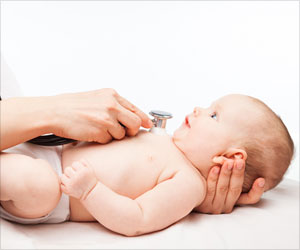
‘Parents, take note. If your child is self-controlled, there are chances that they may be a healthier middle-aged adult.’




"Our population is growing older, and living longer with age-related diseases," said the researcher, Leah Richmond-Rakerd, Assistant Professor, University of Michigan. "It's important to identify ways to help individuals prepare successfully for later-life challenges, and live more years free of disability. We found that self-control in early life may help set people up for healthy aging," Richmond-Rakerd added.
For the study, the team assessed a thousand people from birth through age 45 in New Zealand, putting them through a battery of psychological and health assessments at regular intervals since, the most recent being at age 45.
From ages 26 to 45, the participants were also measured for physiological signs of aging in several organ systems, including the brain. In all measures, higher childhood self-control correlated with slower aging.
The people with the highest self-control were found to walk faster and have younger-looking faces at age 45 as well.
Advertisement
There is ample evidence that changing behaviors in midlife (quitting smoking or taking up exercise) leads to improved outcomes, they added.
Advertisement
Source-IANS












